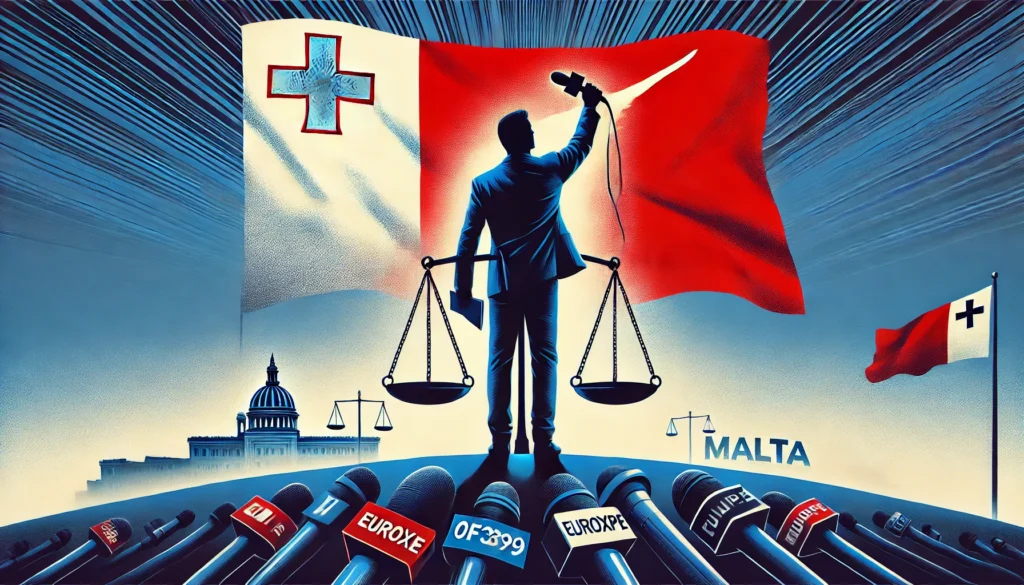Several countries have urged Malta to take concrete actions to ensure a safe working environment for journalists, including protecting them from threats, attacks, reprisals, and strategic lawsuits against public participation (SLAPPs). This call to action highlights the pressing need for reforms to safeguard journalistic freedom and integrity in Malta.
Specifically, Malta is being called upon to implement the full recommendations of the 2021 public inquiry into the death of Daphne Caruana Galizia. This includes identifying all those involved in the journalist’s assassination and ensuring there is no impunity for this crime. The recommendations are part of Malta’s report for the Working Group on the Universal Periodic Review (UPR) at the United Nations Human Rights Council 45th Session (UN HRC45), which comprehensively analyzes Malta’s human rights situation.
This exercise, carried out every four and a half years, involves the 193 UN member states in an interactive review of their human rights situations to improve human rights worldwide. Countries like Austria emphasized the need for unhindered investigations and expressed concern about SLAPPs, while Australia called for investigating and prosecuting cases of intimidation and violence against journalists.
Ireland recommended implementing robust measures to improve media safety in line with the public inquiry recommendations. Slovenia urged Malta to identify all those involved in Caruana Galizia’s assassination to ensure no impunity. The United States stressed the importance of implementing the recommendations, and the United Kingdom advised reviewing progress against all recommendations to clarify the next steps.
Spain further urged Malta to continue working on reforms promoted by the government in 2022 to introduce constitutional changes that guarantee freedom of the press and Freedom of Information Act (FOI) reform. These calls for action underscore the global concern regarding the state of media freedom and journalist safety in Malta.
Despite the government accepting the UN’s recommendations, little has been done to address the public inquiry findings since October last year. At that time, Prime Minister Robert Abela announced that the government would issue a White Paper proposing a media reform law. However, tangible progress has been minimal. The public inquiry into the circumstances surrounding Caruana Galizia’s death concluded in July 2021 that the State “should bear the responsibility for the assassination.”
The public inquiry report also made a series of wide-ranging recommendations for reform within the government and the police to improve the safety of journalists in Malta. However, these recommendations have encountered a lack of political will, which remains entrenched. Malta’s government has only fully implemented one of the 28 key recommendations, and the entire process was mishandled.
Furthermore, there has been no progress in reforming Malta’s inadequate Freedom of Information laws. The government still refuses to publish a study requested by the justice ministry four years ago to revamp the Act, as suggested by the Council of Europe’s (CoE) anti-corruption body GRECO. This ongoing refusal highlights the gap between Malta’s commitments and its actions in protecting journalists and ensuring transparency.
In conclusion, the international community’s pressure on Malta to implement the Caruana Galizia public inquiry recommendations is a critical step toward improving journalist safety and media freedom. Without these reforms, the legacy of impunity and threats to journalism in Malta will persist, undermining the fundamental principles of human rights and democratic governance.






